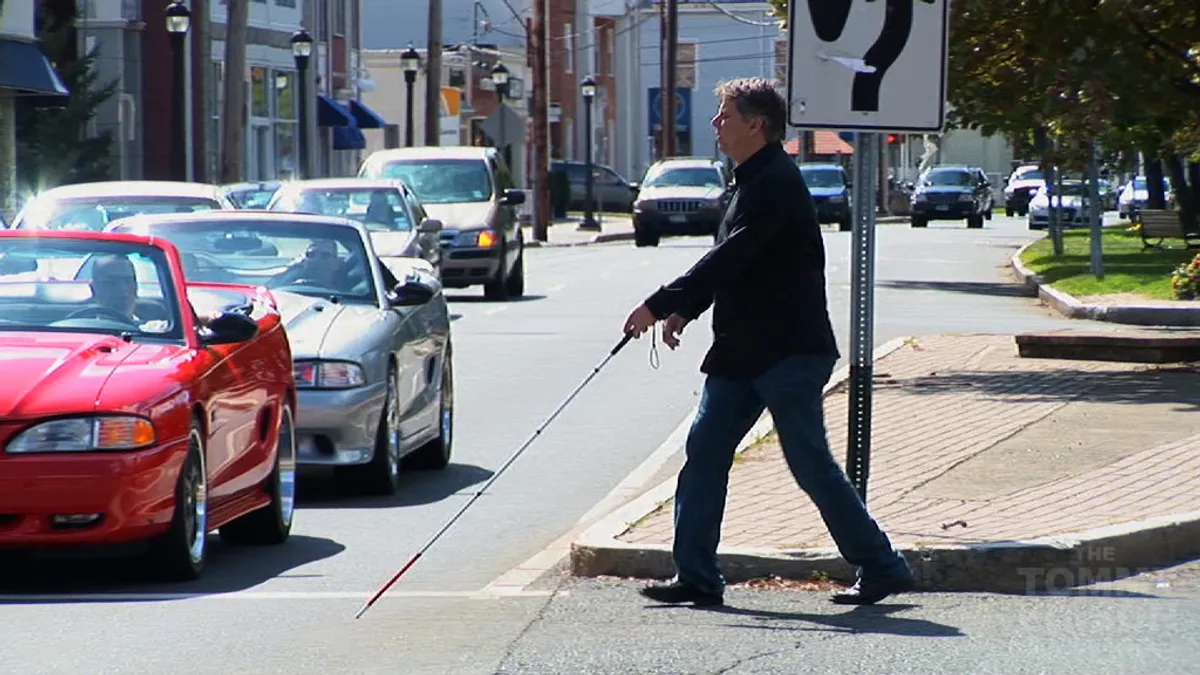Dive Brief:
- Virginians who are legally blind but want to work now have the support of a new local partnership, reports Work It, Lynchburg. The Virginia Department for the Blind and Vision Impaired (DBVI) has teamed up with Career Support Systems, an organization that helps disabled people overcome employment barriers.
- In 2016, the DBVI helped 1,707 clients by providing them with access to skills training, placement and job coaches. Nearly 200 of these individuals came from Roanoke alone.
- “From a vocational perspective, it’s important to help people to have the same opportunity as their next-door neighbor,” said DBVI regional manager Liang Liao. According to the report, the biggest challenge faced by DBVI clients is "the stigma surrounding their vision."
Dive Insight:
Programs like the DBVI's reinforce the importance of supporting employment opportunities for all individuals, regardless of their individual background. Blindness and visual impairment have been previously highlighted by the EEOC as "targeted disabilities" — those which are traditional barriers to employment.
Such programs also help to reduce skill gaps and remove some of the need for training off the plates of employers. They also address the critical issue of unemployment among disabled Americans. In nearby West Virginia, the Job Accommodation Network (JAN) partnered with West Virginia University to educate employers on workplace accommodation measures for disabled workers.
Real progress on this front will require organizations to actively take part in eliminating societal stigma around disabled employees. A personal approach to the problem has proved successful for several industries. Your recruiting marketing programs should reflect this commitment.
Also, pay attention to emerging tech tools that help to make disabled employees' work lives easier, including screen-reading and speech/Braille output technologies.












